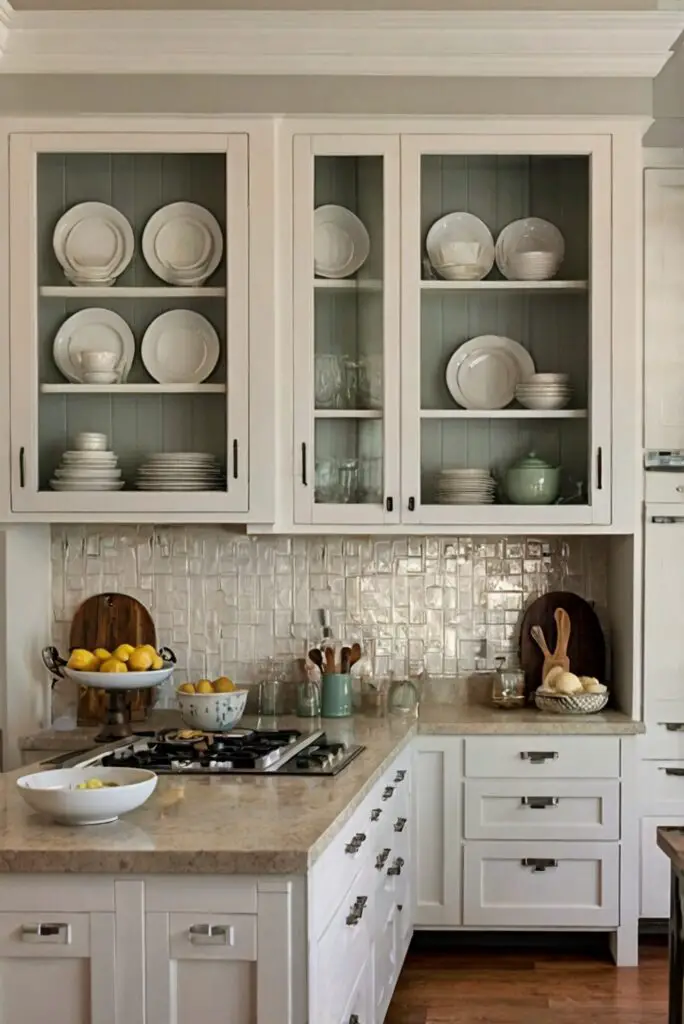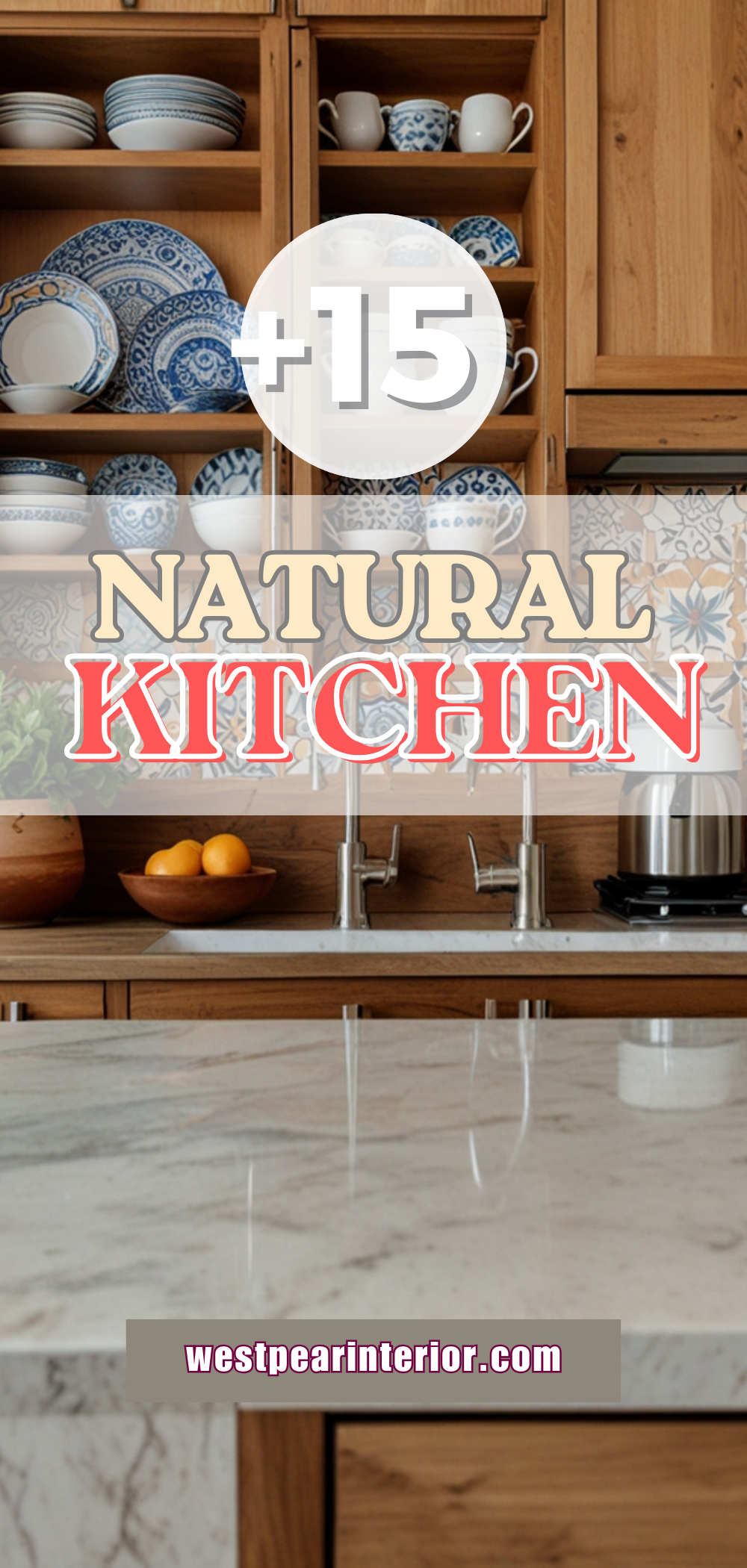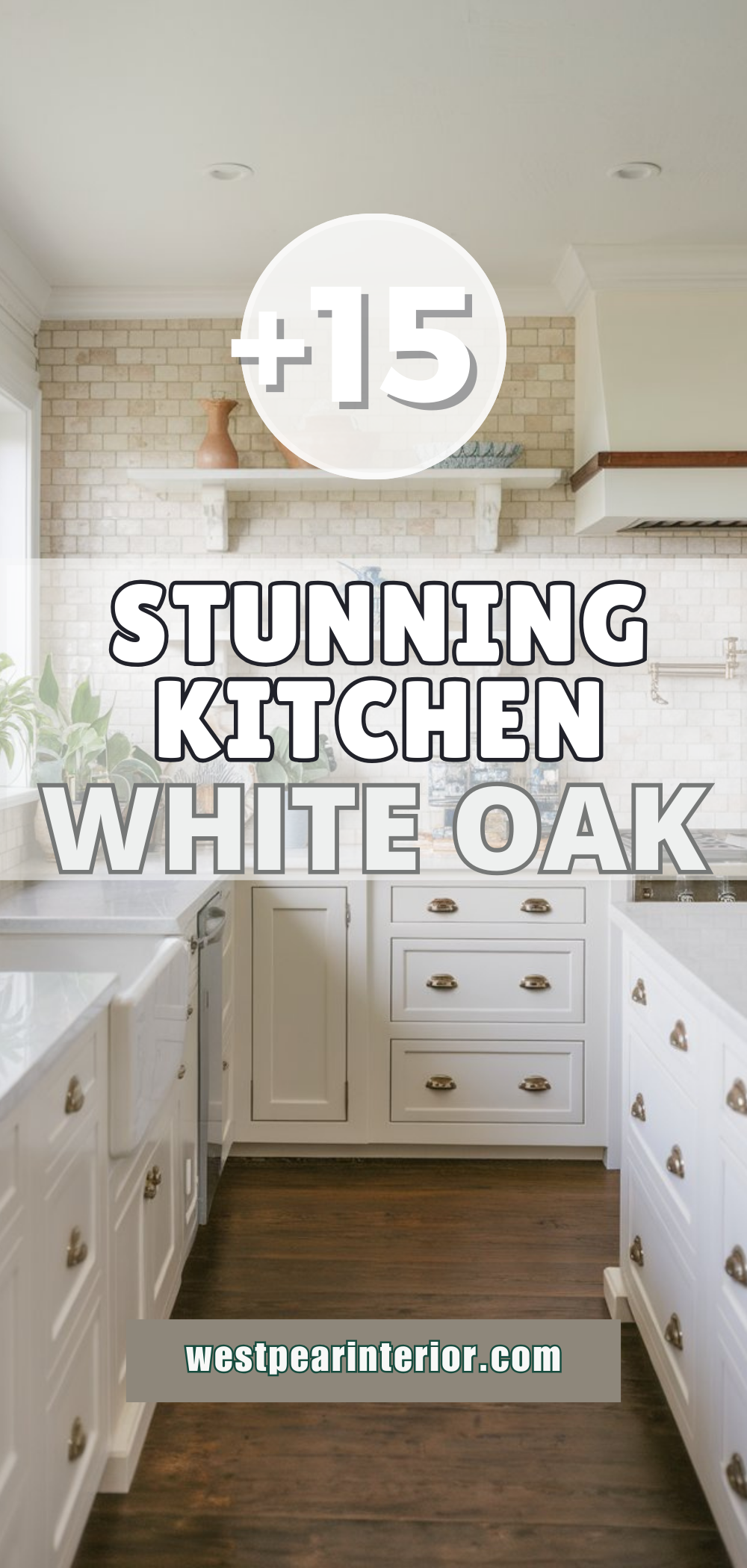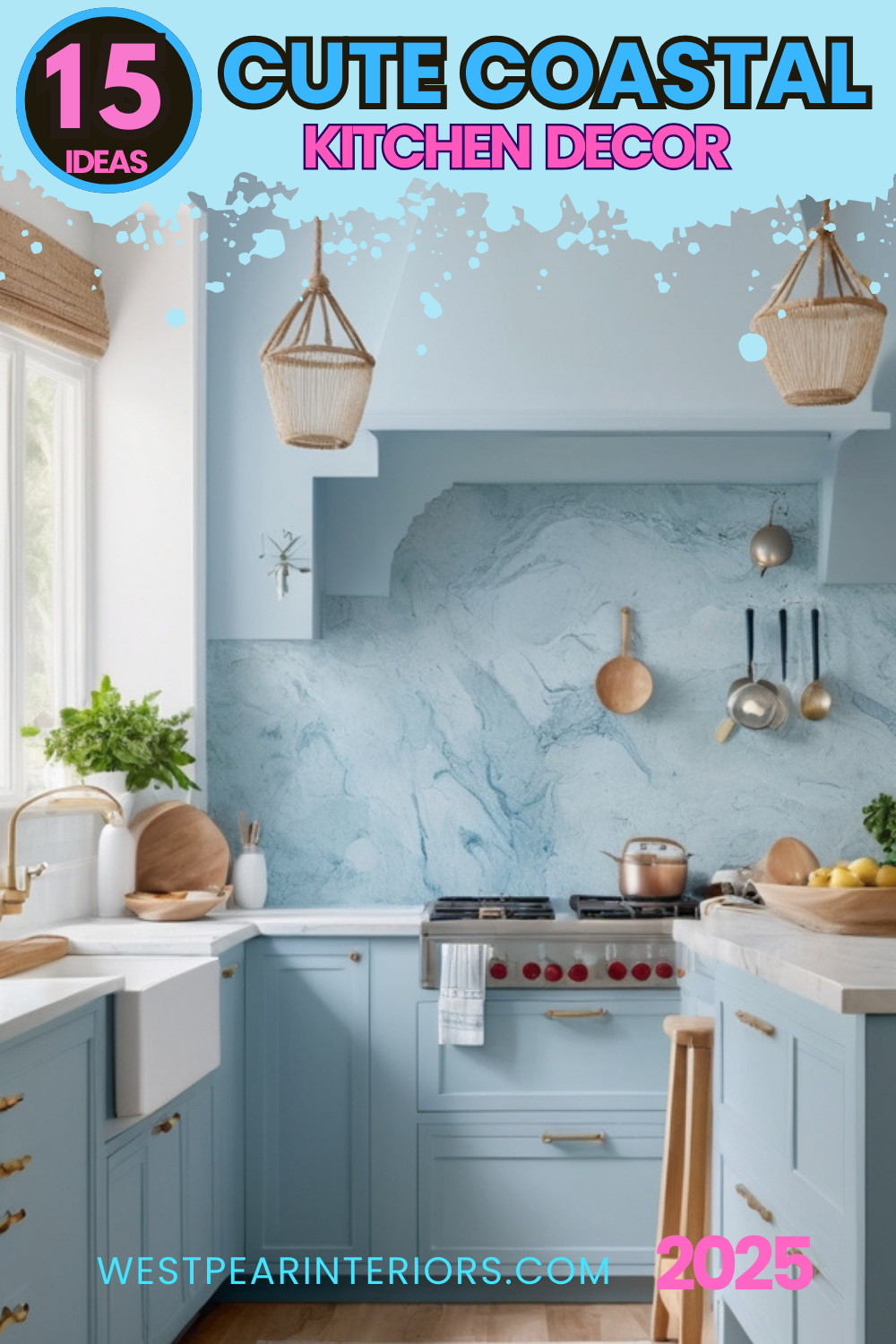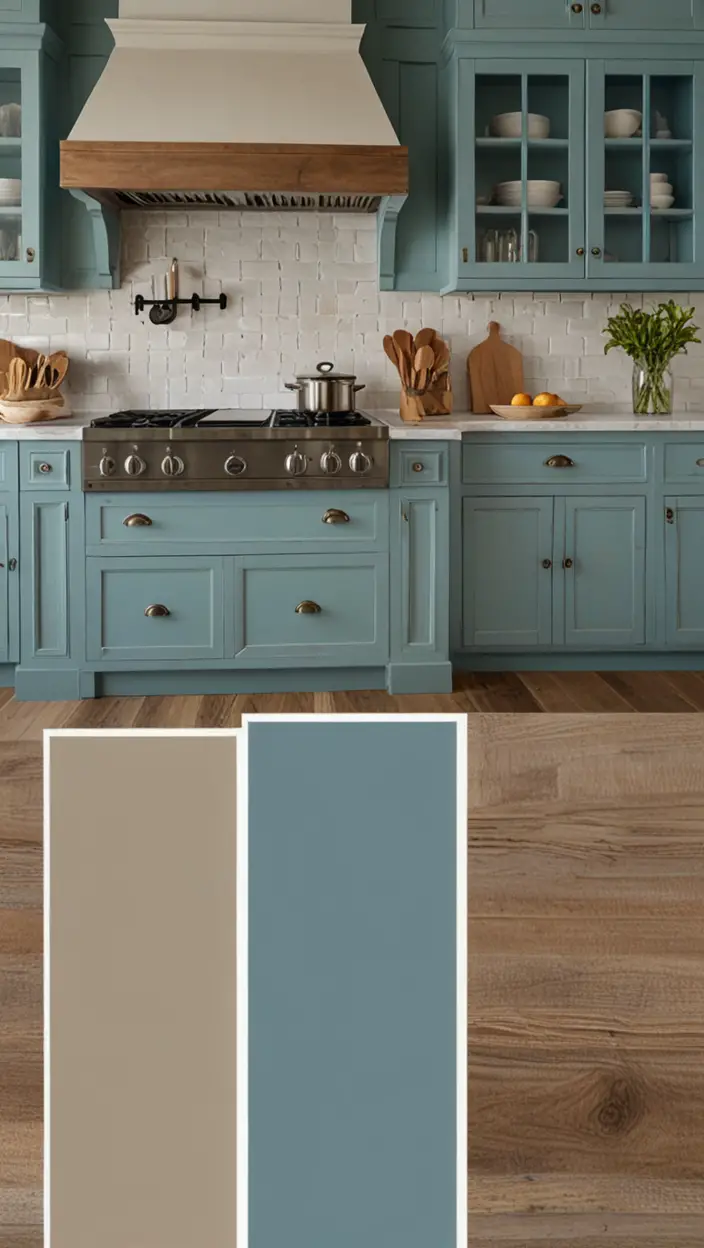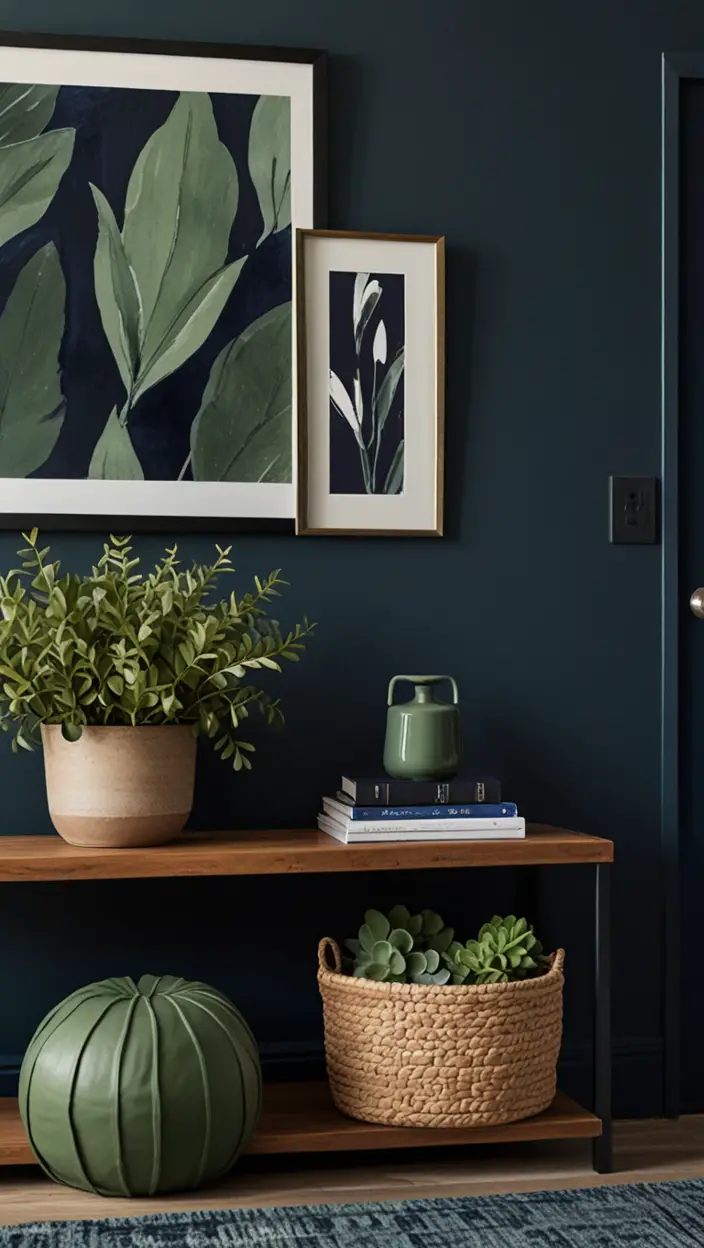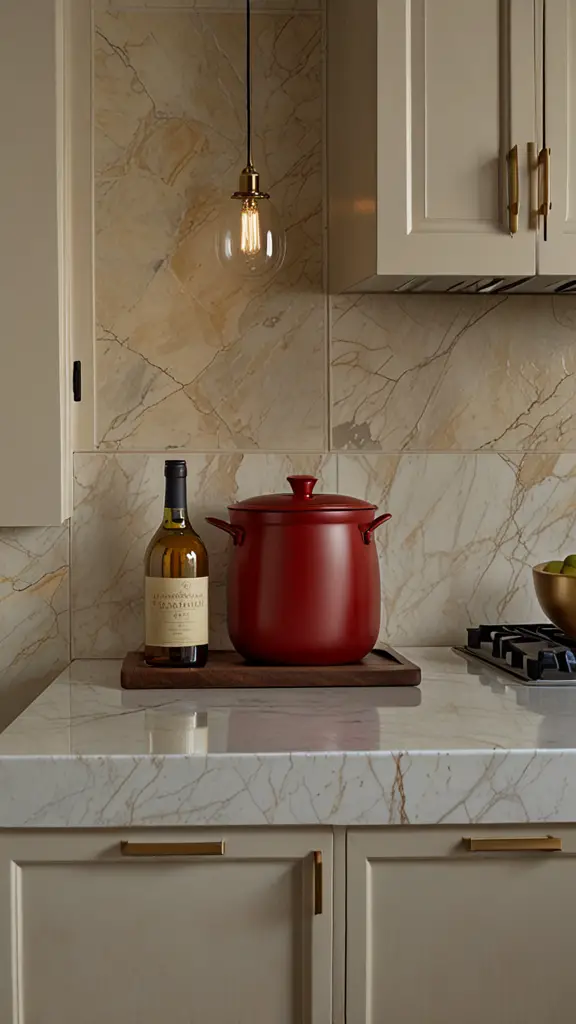Ready to transform your kitchen? Learn how to give your cabinets a stunning makeover with this DIY guide.
Painting kitchen cabinets can completely transform the look of your kitchen. As part of your daily routine working with an interior designer, it’s important to discuss color selection. Consider matching colors or hues with the rest of the kitchen decor for a cohesive look. Use primer paint for walls before applying the final color for a smooth finish. Explore various home paint colors to find the perfect shade for your cabinets. Maintain a organized space during the makeover process to ensure a stunning result. Involving a designer can help with space planning and achieving a harmonious overall look.
How to choose the right paint color for my kitchen cabinets?
When choosing a paint color for your kitchen cabinets, it is important to consider the overall style and color scheme of your kitchen. Look at the existing colors of your countertops, backsplash, and flooring to ensure the new cabinet color will complement these elements.
My Lovely Spring Paint for 2025
Ready for a Spring Makeover? Explore the Freshest 2025 Paint Trends!
White Sage/Green SW Pistachio green Soft blue Honeysweet/Orange Pink Sugar Sage Tint BMAs an Amazon Associate, I may earn a commission from qualifying purchases at no extra cost to you.
Consider the mood you want to create in your kitchen. Bold colors like navy blue or forest green can add drama, while neutral tones like white or gray create a timeless look. Take into account the size of your kitchen; lighter colors can make a small kitchen feel more spacious, while dark colors can add warmth and coziness to a large kitchen.
It is also recommended to test paint samples on a small section of your cabinets to see how the color looks in different lighting conditions throughout the day. This will help you make an informed decision and avoid any regrets once the entire cabinet is painted.
Can I paint over my existing cabinets or do I need to strip the old paint first?
Whether you can paint over existing cabinets or need to strip the old paint first depends on the condition of the current finish. If the cabinets have a smooth, intact finish, you can typically paint over them after proper cleaning and sanding.
My fAV Spring DECOR for 2025
Discover Spring’s Best 2025 Decor Combinations – Perfect for Any Room!
Oversized Indoor Plants White Curved Sofas Rugs BOH Brown Cream Moroccan Hype Boho Rug Outdoor Patio Furniture Sets Topfinel Pillow CoversAs an Amazon Associate, I may earn a commission from qualifying purchases at no extra cost to you.
However, if the existing paint is peeling, chipping, or bubbling, it is essential to strip the old paint first to ensure a smooth and durable finish. Use a paint stripper and follow the manufacturer’s instructions carefully to remove the old paint effectively. Once stripped, sand the surface to create a smooth base for the new paint to adhere to.
What is the best type of paint to use for kitchen cabinets?
For kitchen cabinets, it is recommended to use a high-quality, durable paint that can withstand daily wear and tear. Acrylic paint is a popular choice for kitchen cabinets as it dries quickly, has low VOCs (volatile organic compounds), and is easy to clean.
Another excellent option is alkyd paint, which provides a smooth finish and is highly durable. Oil-based paints are also suitable for kitchen cabinets but can take longer to dry and have a strong odor during application.
Regardless of the type of paint you choose, make sure it is specifically formulated for cabinets and trim for the best results. The paint should be moisture-resistant and able to withstand frequent cleaning without losing its color or sheen.
How can I ensure a smooth finish when painting my kitchen cabinets?
To achieve a smooth finish when painting your kitchen cabinets, proper preparation is key. Start by cleaning the cabinets thoroughly to remove any grease, grime, or residue that can affect the paint adhesion.
Next, sand the cabinets to create a smooth surface for the paint to adhere to. Use a fine-grit sandpaper to sand in the direction of the wood grain and remove any imperfections. After sanding, wipe down the cabinets with a damp cloth to remove any dust particles.
Priming the cabinets before painting can also help ensure a smooth finish. A high-quality primer will create a uniform surface and improve the adhesion of the paint. Allow the primer to dry completely before applying the paint in thin, even coats using a high-quality brush or roller.
Is it necessary to sand my cabinets before painting them?
Sanding your cabinets before painting is highly recommended as it helps create a smooth surface for the new paint to adhere to. Sanding removes any rough patches, imperfections, or glossy finishes that can hinder paint adhesion and lead to a less durable finish.
If your cabinets have a glossy finish, sanding is essential to ensure the paint sticks properly. Use a fine-grit sandpaper and sand in the direction of the wood grain to avoid damaging the surface. After sanding, wipe down the cabinets with a damp cloth to remove any sanding dust before priming and painting.
Skipping the sanding step can result in the paint peeling or chipping off easily, especially in high-traffic areas like the kitchen. Taking the time to properly sand your cabinets will yield a professional-looking finish that will last for years to come.
How to properly prep my kitchen cabinets before painting?
Properly prepping your kitchen cabinets before painting is crucial to ensure a successful and long-lasting finish. Start by removing all hardware, including hinges, knobs, and handles, and placing them in a safe spot.
Next, thoroughly clean the cabinets using a mild degreaser to remove any built-up grime, grease, or residue. Pay special attention to areas around the stove and sink, as these tend to accumulate the most dirt.
Once clean, sand the cabinets to create a smooth surface for the paint to adhere to. Remove all sanding dust with a damp cloth and let the cabinets dry completely before priming. Apply a high-quality primer to help the paint bond to the surface and provide a uniform base for the new color.
Are there any alternative methods to painting my kitchen cabinets for a stunning makeover?
If you’re looking for alternative methods to painting your kitchen cabinets for a stunning makeover, consider staining or refinishing the cabinets instead. Staining can enhance the natural beauty of the wood grain while giving the cabinets a fresh new look.
Refinishing involves sanding down the existing finish and applying a new stain or sealant to revitalize the cabinets. This method can be less labor-intensive than painting and is a great option if you want to maintain the wood’s natural appearance.
Another alternative is to replace the cabinet doors entirely for a fresh, updated look. This can be a more costly option but can completely transform the appearance of your kitchen without the need for extensive painting or refinishing.
Key Takeaways
– Choose a paint color that complements your kitchen’s existing elements and reflects the mood you want to create.
– Properly prep your cabinets by cleaning, sanding, and priming them before painting to ensure a smooth and durable finish.
– Consider alternative methods like staining, refinishing, or replacing cabinet doors for a stunning kitchen makeover.

